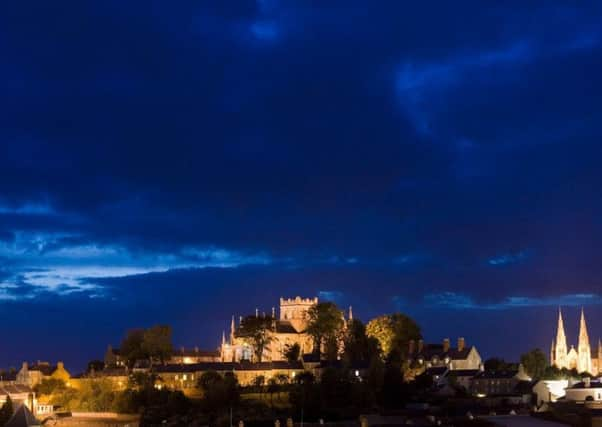Billy Kennedy: Mainstream Protestants left alienated by Hibernian politicisation of St Patrick's Day


Mainstream Protestants identify with Patrick as their patron saint - note the large number of Church of Ireland churches bearing his name across this country. They identify Patrick’s fifth century Christian witness on these shores as a manifestation of the early Apostolic church and are alienated from the overt Hibernian politicisation of a day that should be shared by all creeds and classes.
St Patrick was a fifth-century Romano-British Christian missionary and bishop in Ireland. Known as the ‘Apostle of Ireland’, he is venerated in both the Anglican Communion (Church of Ireland) and the Roman Catholic Church. The dates of Patrick’s life are not certain, but it is accepted that he was active as a missionary in Ireland during the second half of the fifth century.
Advertisement
Hide AdAdvertisement
Hide AdEarly medieval tradition credits him with being the first bishop of Armagh and Primate of Ireland, and they regard him as founder of Christianity in Ireland, converting a people practising a form of almost pagan Celtic polytheism. This is how he has been regarded since, despite evidence of an earlier Christian presence in Ireland.
According to the confession of Patrick, when he was about 16, he was captured by Irish pirates from his home on mainland Britain and taken as a slave to Ireland, looking after animals. He lived there for six years before escaping to return home. As a cleric, he returned to north/west Ireland. Little is known of where he visited, although Slemish (Co Antrim) and Downpatrick have locational links with him. St Patrick’s Day is the supposed date of his death, celebrated religiously and culturally. In church circles, it is both a solemn holy day of obligation. However, the cultural side of remembering St Patrick straying into politics is divisive, particularly in Northern Ireland. In Irish-American Catholic communities in the US, the brash ‘Auld Country’ cult of celebrating St Patrick has very little religious tones.
Celebrated properly, St Patrick’s Christian inheritance should be free from all narrow political trappings.